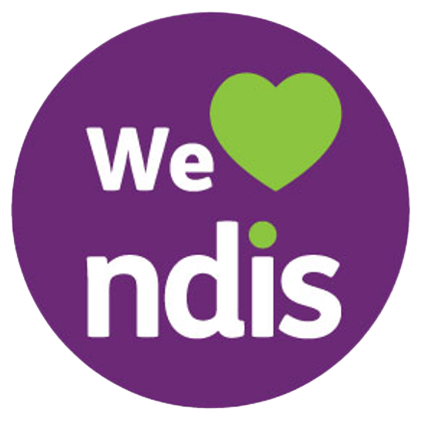Do You Work with the Elderly or Disabled populations?
Yours is an incredibly special and demanding career, with predictably unpredictable events happening on every shift. The range of issues in our ageing and disabled populations is forever increasing as the largest generation ever, the Baby Boomers, finds its way from independent living to home care, to residential aged care or to high care.
Putting aside general health issues such as heart disease, stroke, neurological disease and the like, Dementia alone affects almost 50 million people worldwide and this is predicted to increase to 131.5 million people by 2050. Every three seconds someone in the world develops Dementia. In Australia alone, Dementia is the single greatest cause of disability in older Australians (aged 65 years or older) and the third leading cause of disability burden overall. People with Dementia account for 52% of all residents in residential aged care facilities.
On the ground, there is little more personally distressing than witnessing your ageing or disabled loved one slowly slipping away from family members with this insidious disease.
One of the immediate dangers of Dementia is the loss of ability to know how to eat and drink. It seems unimaginable that we could ‘forget’ how to do something that has been such an automatic and ingrained skill all our lives. Sadly, swallowing difficulties in these populations are rife.
Being aware of the signs to look for to protect and manage swallowing difficulties, also known as Dysphagia, is vital in your role as a carer. Here are 3 of the many signs to help you identify a potential life-threatening swallowing problem:
- Spitting food out of their mouth
- Taking longer to eat than most residents
- Excessive tongue movement or excessive saliva in their mouth
Simple and effective education can reduce the risk of a choking incident and reduce your stress when caring for the ageing and those with a disability.






